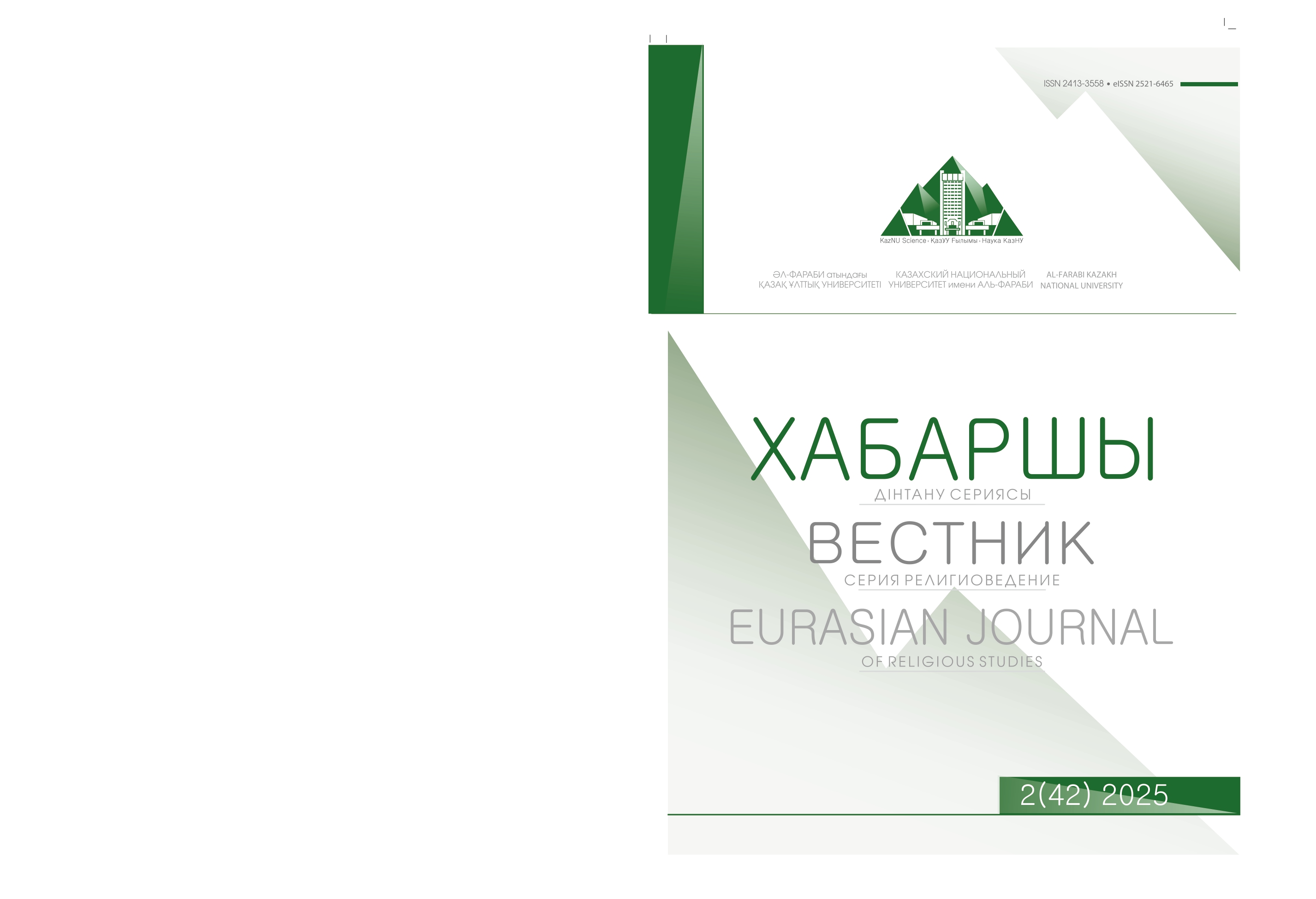Use of Artificial Intelligence in Islamic education in Kazakhstan: Problems and Prospects
DOI:
https://doi.org/10.26577//EJRS20254221Abstract
This article will examine the use of AI in the Islamic educational process in Kazakhstan. The study is aimed at analyzing the prospects and identifying problematic aspects of such use. The purpose of the study is to study the possibilities of introducing AI into the Islamic educational process and assess possible risks and ethical aspects in the training of qualified Islamic scholars. The methodology of the article is based on a focus group study among students of the specialty of Islamic studies, as well as interviews with teachers of one of the universities of Kazakhstan. In addition, a content analysis of scientific articles of the Google Scholar scientific metric database on the stated topic, as well as Kazakhstani scientists was conducted. The results of this study have scientific and practical significance due to the fact that they contribute to more effective implementation of AI in the Islamic educational process, improve teaching methods in accordance with Kazakhstan’s academic standards and preserve traditional Islamic values. The study showed that various AI-based applications are already actively used by students of various specialties, including students of Islamic studies. In this regard, it is important to make such use safer for them, teach them how to ask questions correctly, and identify errors. All these measures will contribute to the training of highly qualified personnel.
Keywords: Islam, Islamic Education, Artificial Intelligence, ChatGPT, AI Challenges and Prospects













